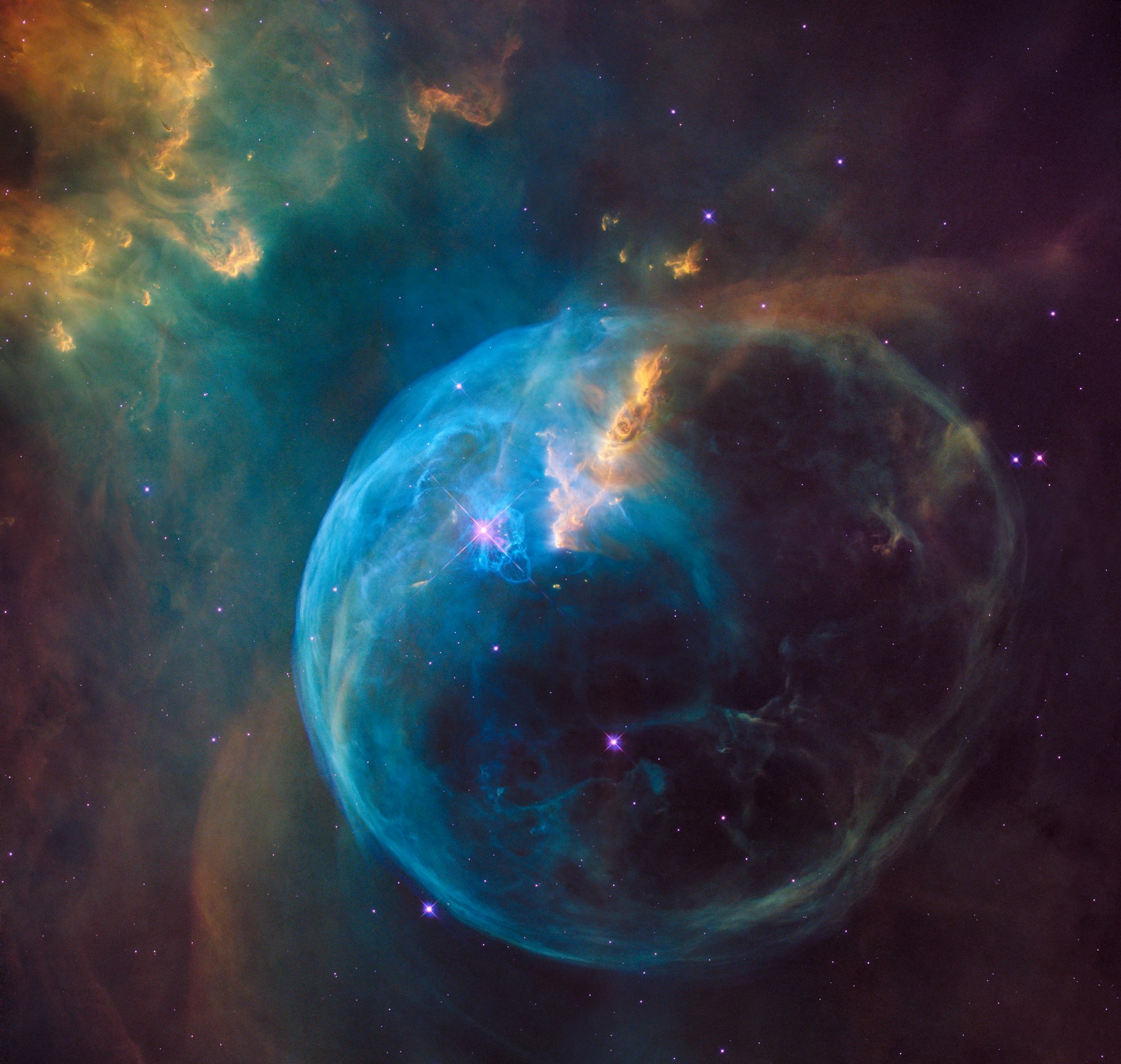
Observation Alpha
Event Horizon
Mapping black hole singularities and charting the unknown bounds of local spacetime curvature.

Observation Alpha
Mapping black hole singularities and charting the unknown bounds of local spacetime curvature.
Live UTC
Einstein Field Equations actively rendering spacetime metric tensor fields.
Synchronize global arrays. Observe the shadow.